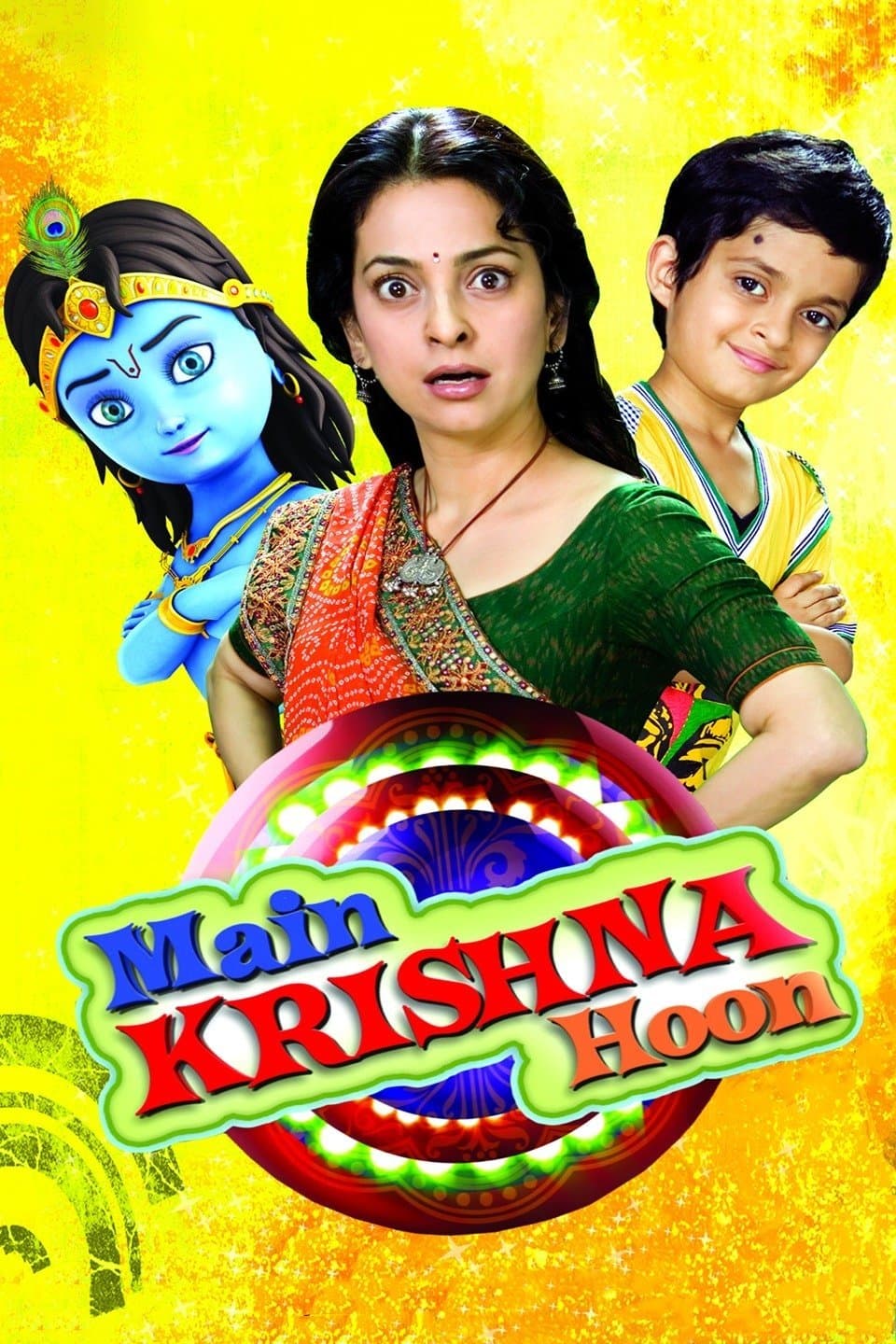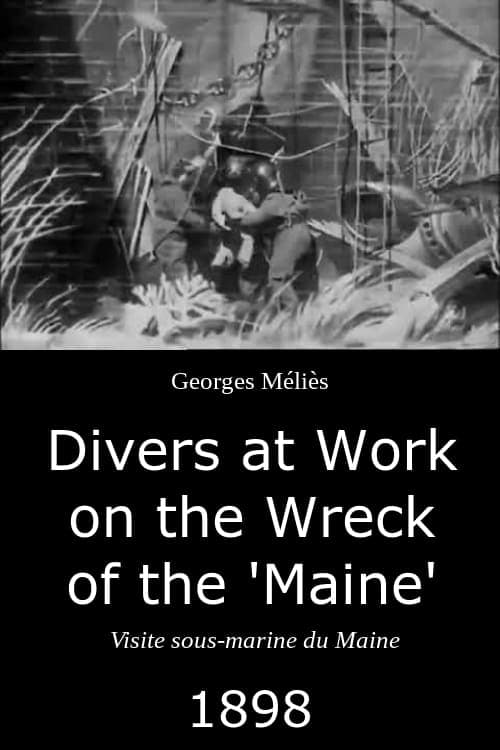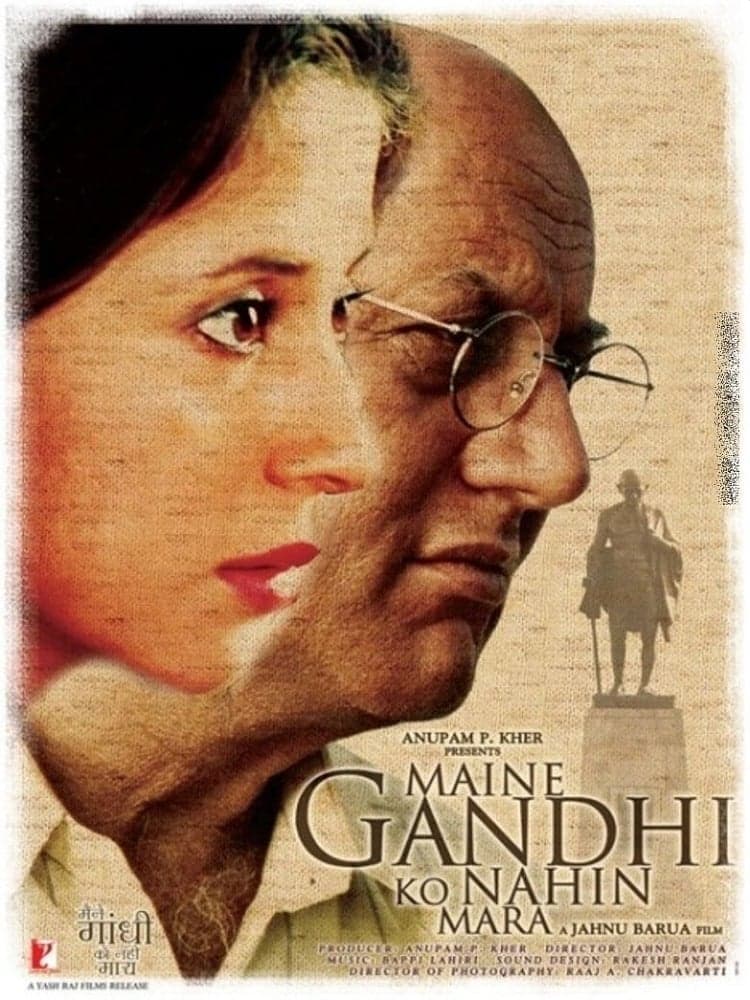Cretinetti distratto
Jun 07 1910
•0h 9m
•Comedy
Cretinetti wakes up in the middle of his sleep and finds himself in outlandish situations, walking through a mirror and falling through the roof.
Cast
See all
André Deed
Cretinetti
Recommendations
See allSunstroke
Near a large Bulgarian city begins the construction of a large factory. There is a fertile land in close by. Prof. Dimov, Director of the Environment Protection Institute has to submit his official approval for the civil works to begin. He and his co-worker Prof. Radev refuse.

Main Krishna Hoon
In answer to an orphan boy's prayers, the divine Lord Krishna comes to Earth, befriends the boy, and helps him find a loving family.

Divers at Work on the Wreck of the "Maine"
Divers go to work on a wrecked ship (the battleship Maine that was blown up in Havana harbour during the Spanish-American War), surrounded by curiously disproportionate fish.

Maine Gandhi Ko Nahin Mara
Once known for his intellectual prowess, a retired professor (Anupam Kher) begins experiencing memory gaps and periods of forgetfulness. But while he tries to laugh it off, it soon becomes clear that the symptoms are a sign of a more serious illness, prompting his grown daughter (Urmila Matondkar) to move in as his caretaker. Meanwhile, as his mind regresses, he recalls a traumatic childhood memory involving the death of Mahatma Gandhi.